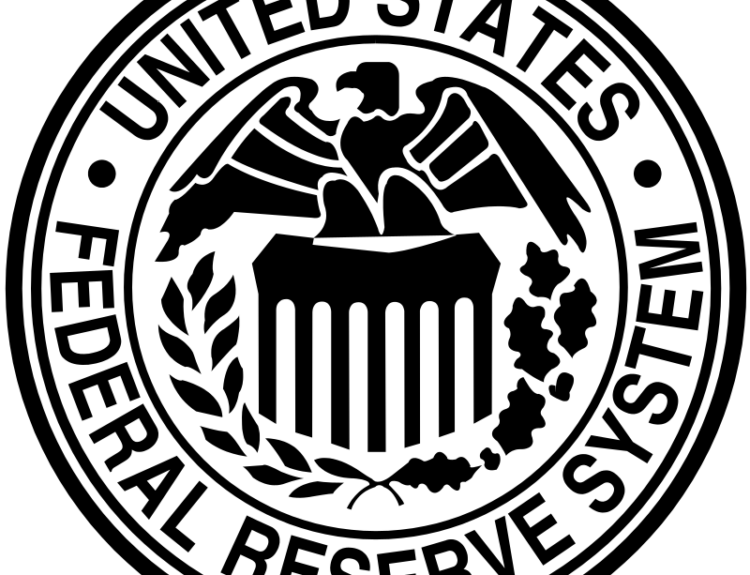Don’t fear recessions, they can be opportunities
- U.S. recessions historically don’t last long
- Recessions can be favorable entry points for stocks
- S&P 500 tends to start bouncing back before recession ends
- Rolling recessions are more common than nationwide downturns
- Economists predict strong GDP growth in the third quarter
- Three risks that could lead to economic breakage
Factuality Level: 7
Justification: The article provides historical data and expert opinions to support the claim that recessions can be favorable entry points for stocks. However, it also includes conflicting views from other experts who predict a recession. The article does not contain any misleading information or sensationalism, but it lacks in-depth analysis and may oversimplify the complexities of economic downturns.
Noise Level: 4
Justification: The article provides some analysis on the historical performance of the S&P 500 during recessions, but it lacks depth and does not provide a comprehensive view of the current economic situation. It also includes quotes from other sources that offer differing opinions on the possibility of a recession. Overall, the article lacks scientific rigor and does not provide actionable insights or solutions.
Financial Relevance: Yes
Financial Markets Impacted: The article discusses the potential impact of a recession on the stock market, specifically the S&P 500 index.
Presence of Extreme Event: No
Nature of Extreme Event: No
Impact Rating of the Extreme Event: No
Justification: The article focuses on the potential impact of a recession on the stock market and does not mention any extreme events.
Public Companies: Bank of America (BAC)
Private Companies:
Key People: Joseph Quinlan (Chief Market Strategist), Bill Gross (Legendary Bond Investor), Bill Ackman (Pershing Square), Joseph Kalish (Chief Global Macro Strategist)
A much-talked-about U.S. recession has yet to arrive after more than a year of speculation, and now chief market strategist Joseph Quinlan at Bank of America’s wealth unit spells out why investors shouldn’t fret even if one finally comes. Historically speaking, recessions don’t tend to last very long and they “can be favorable entry points” for stocks, Quinlan wrote in a note on Tuesday. He said they have lasted 10 months on average since World War II and haven’t stopped the S&P 500 index SPX from bouncing back with solid returns in a matter of months. The S&P 500 tends to peak, on average, up to 13 months before a recession begins, according to Quinlan. Thereafter, it tends to find a bottom some time before the official end to the downturn, and even starts to recover while the data is still showing a contraction in output, he added. In other words, recessions “can represent favorable buying opportunities for equities.” Quinlan’s views come at a time when the U.S. economy appears to have sped up, not slowed down — defying expectations. Economists predict a strong GDP growth in the third quarter. However, there are three risks that could lead to something breaking in the economy, financial markets, or both.




